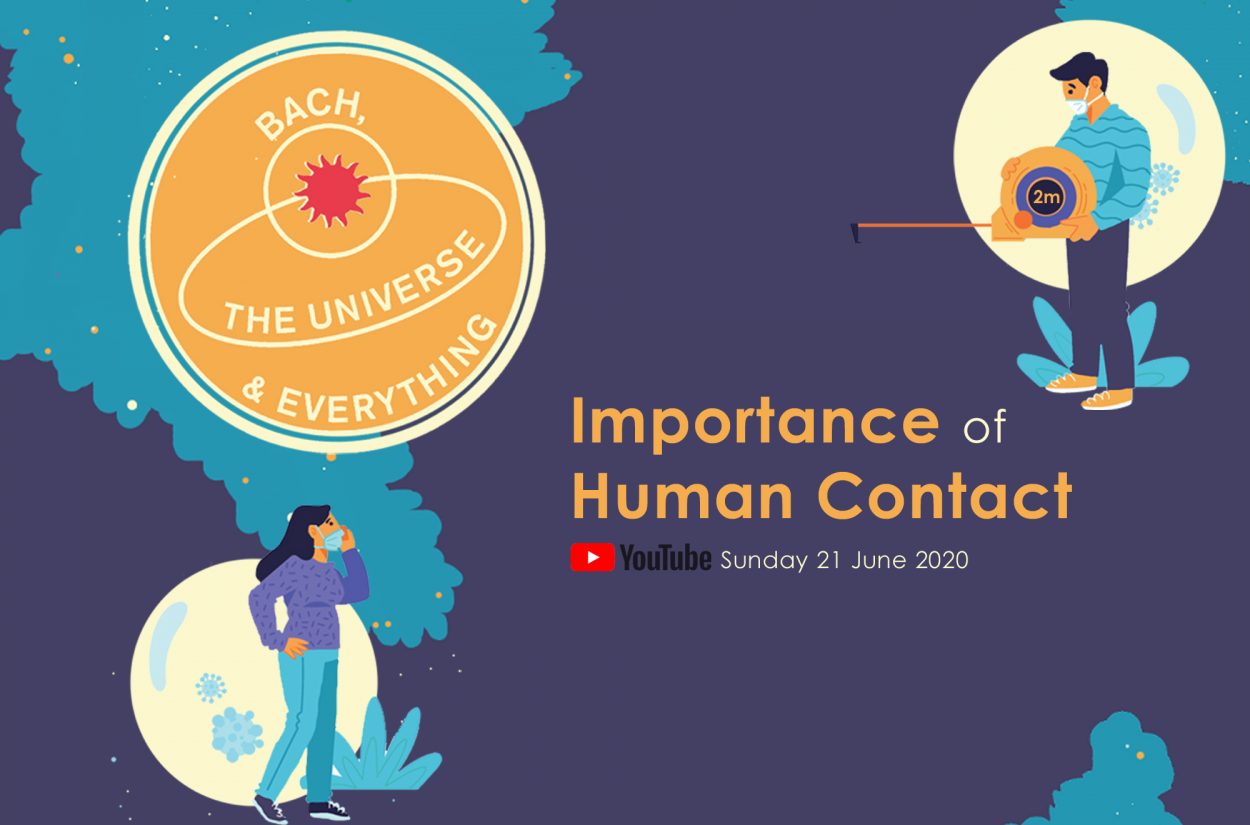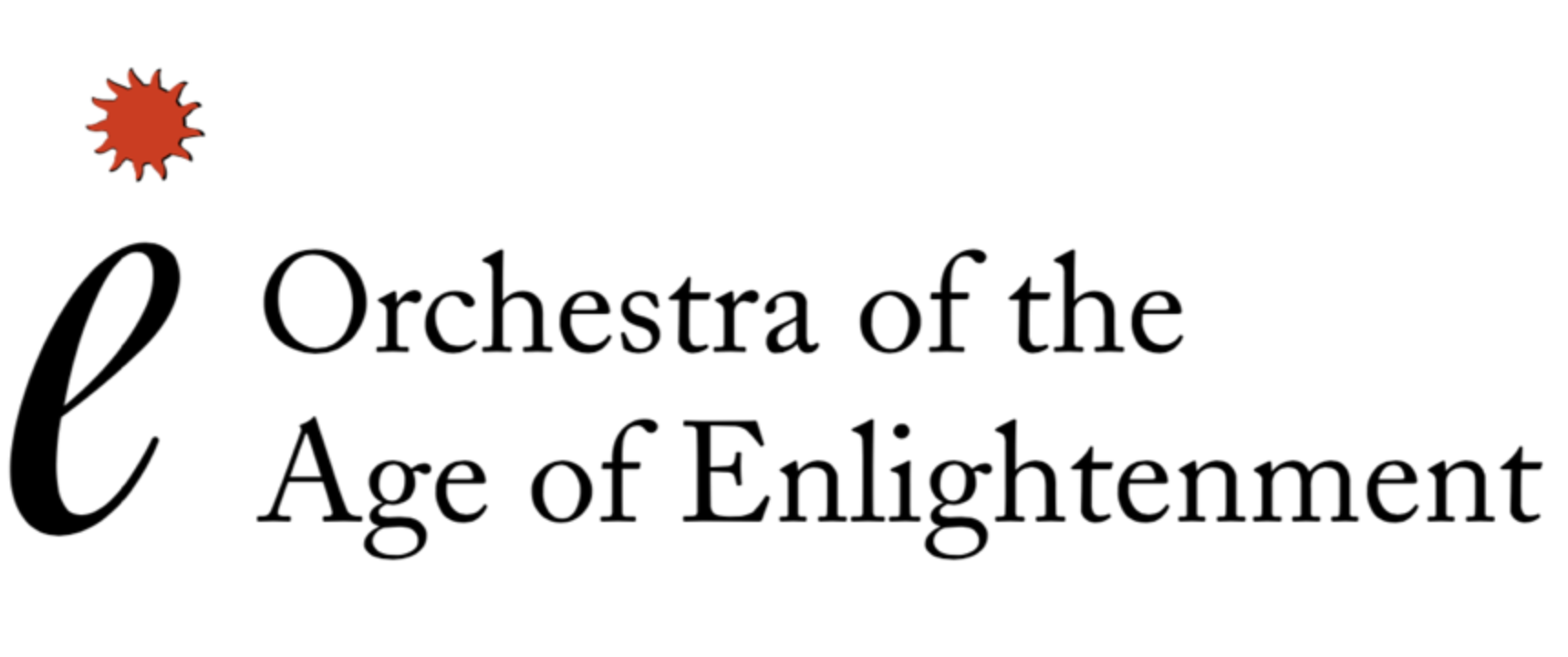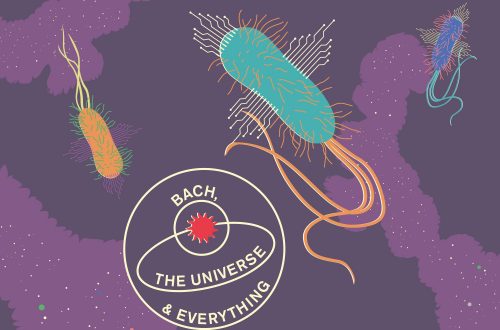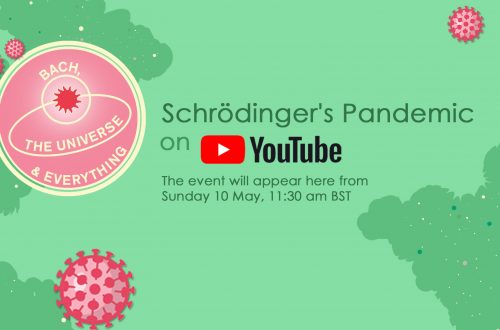Bach, the Universe and Everything: Importance of Human Contact 14 July 2020

If this is your first Bach, the Universe and Everything (BUE), welcome!
We like to think of the series as a community, similar to the one Bach enjoyed in Leipzig when he wrote a new cantata almost every month for the church where he worked from 1723 until his death in 1750. Then, the congregation was as open to science and new ideas as it was brought together by faith. It is in that spirit that we come together for a thought-provoking cantata and a talk from a leading expert in the field of science. Today we hear from Dr Dickon Bevington from the Anna Freud National Centre for Children and Families about how our lack of human contact during the lockdown has affected our sense of ‘self’ and allowed our imaginations to ponder the unspoken.
To make this recording possible, the OAE adhered to a strict protocol. Kings Place was thoroughly cleaned prior to the event and all contact surfaces likely to be encountered by personnel were cleaned with disinfectant throughout the period of work. All participants wore facemasks except for the recording and a strict floor plan with controlled corridors of movement ensured that a social distancing of 2m was maintained at all times. There was no sharing of any kind during the project and all participants washed hands or used hand sanitiser on a regular basis. All participants completed a health questionnaire confirming that they had not experienced symptoms of Covid-19 with the 14 days prior to the event and that they had not come into contact with anyone who had been diagnosed with the virus in the same period.
Help us reach 100K YouTube subscribers by September, please subscribe to our channel by clicking the red button below
In partnership with Kings Place, the Institute of Physics, and University of Oxford’s Mathematics Institute.



